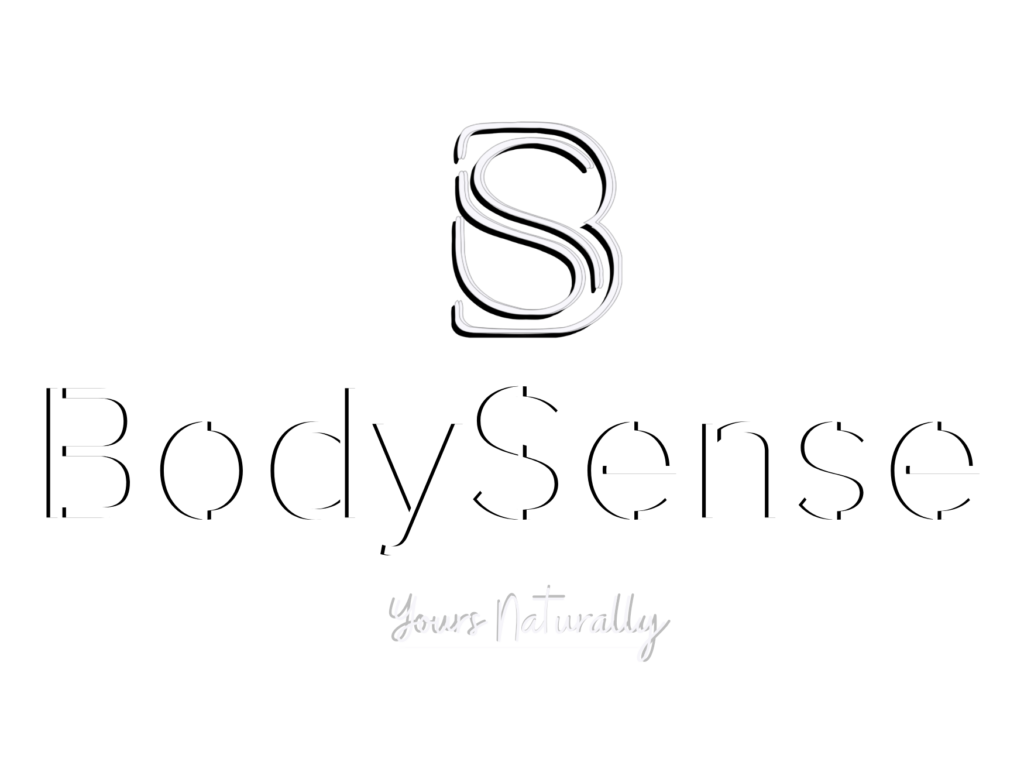WHY SHOULD YOU THROW AWAY SULFATE AND PARABENS CONTAINING PRODUCTS ?
BodySense products are natural and 100% Sulfates & Parabens free. Here we tell you about these chemicals that are widely present in almost all personal care products that you may be using currently.
What are Sulfates ?
Sulfates are cheap chemical detergents that are used as foaming and cleansing agents, They’re found in number household cleaners, detergents, and even personal care products such as facewash, bodywash, shaving cream, shampoo, toothpaste, mouthwash.
Sulfates are extremely effective at removing dirt and oil, in fact, they’re a little too effective! Sulfates are harsh on the, skin, hair and scalp, so they can strip away that natural moisture and oil.
when looking at your ingredients lists in foaming products you will find SLS is usually the second highest ingredient after water.
-Common types of sulfates to watch out for in your ingredients list:
●Ammonium Lauryl or Laureth Sulfate ●Sodium Lauryl or Laureth Sulfate (SLS) ●Sodium myreth sulfate ●Alkylbenzene sulfonate ●Sodium Xylenesulfonate ●Sodium C14-16 Olefin Sulfonate ●Sodium cocoyl sarcosinate ●Sodium lauryl sulfoacetate
HARMS OF SULFATE- ●Increases HairFall ●Damages Hair follicles ●Hair Thinning and Baldness ●Itching and irritation ●Dandruff ●Stripes away natural oils from hair and skin ●Dries out hair and ●Takes away natural shine ●Stripes away hair color faster ●Increases frizz ●If you suffer with Eczema, Psoriasis, Rosacea or any other dry skin conditions, These conditions flare up more by using sulfate products.
What Is Sodium Lauryl Sulfate (SLS)?
Sodium lauryl is a detergent and crystalline salt of sulfated lauryl alcohol. Sodium Lauryl Sulfate (SLS) is the most commonly used sulfate and is a widely used and inexpensive chemical found in many cleaning products and it is exactly the same chemical is used to degrease car engines!! yes you read it right, SLS is a that harsh of a chemical.
Why should you avoid SLS?
It is widely known that even relatively low concentrations, less than one-half percent, might result in skin irritation. Higher concentrations of SLS were responsible for severe irritation and even corrosion of the skin. The International Journal of Toxicology also provides a safety assessment of SLS and recommends concentration levels of no more than 1% in products with prolonged use. This is disturbing when you consider a number of personal care products that you currently use have levels of SLS as high as between 10-20% and in extreme cases over 30%.In short SLS can cause irritation of the scalp, gums and skin at just 1% and in some people the reaction will be quite strong.
What are Parabens?
Parabens are chemicals which have preservative qualities. They are frequently used in personal care and health care products. Presence of parabens in personal care products increases product shelf life.
HARMS OF PARABENS-
The links between Parabens and cancer (specifically breast cancer) is of particular concern to many people. Parabens are commonly present in many items that are specifically marketed to females (such as makeup items, cleansers, and shampoos), many are appalled to learn that they have been putting Parabens on (and in) their bodies for years. Even men may be harmed by Parabens.
Parabens are absorbed into the body through the epidermis; medical researchers believe that Parabens interfere with healthy endocrine system functioning.Breast Cancer Fund states that parabens are Endocrine disruptors and states that measurable concentrations of six different parabens have been identified from breast tumours (Darbre 2004). Later on a different study showed that an even higher concentration of n-propylparaben were found in the axilla quadrant of the breast (the area nearest to the armpit) , and a British study in 2013 showed that 60 females with breast cancer had parabens in the diseased tissue.
Common types of Parabens to watch out for in your ingredients list: ●Ethylparaben ●Butylparaben ●Methylparaben ●Isobutylparaben ●Propylparaben ●They can also be listed as Alkyl parahydroxy benzoates.
Most Companies decision to use parabens and SLS’s will be economical as they are cheaper than the alternatives. They also extend the shelf life of product often to12 months – 2 years and in turn this means the Company loses less money on product being pulled off the shelf and discarded. Unsold product is a major cost of these companies; by using parabens they can extend the shelf life of their products, therefore increasing profit and limit costs.

Amazing information…..
I have used it for 7 days n i am fully satisfied and 100% sure without leaving any doubts.The hairfall too has decreased n the quality n shine of hair has improved in just 4 days.👍🏻👍🏻👍🏻.10/10 points.thanks bodysense.super product.
[…] Why ShouLd You Throw Away Products Containing Sulphates And Parabens? […]